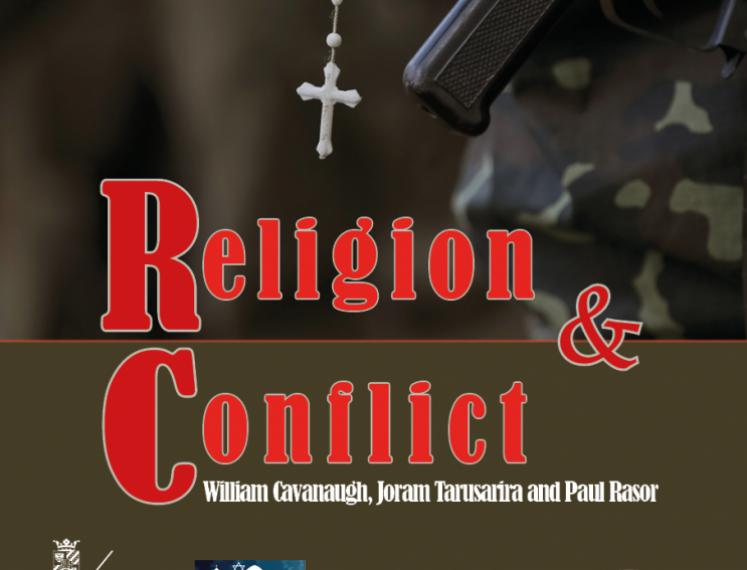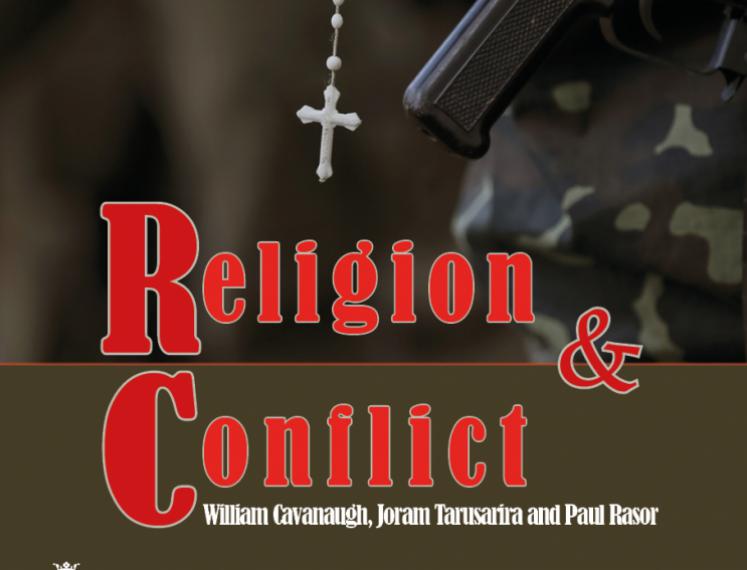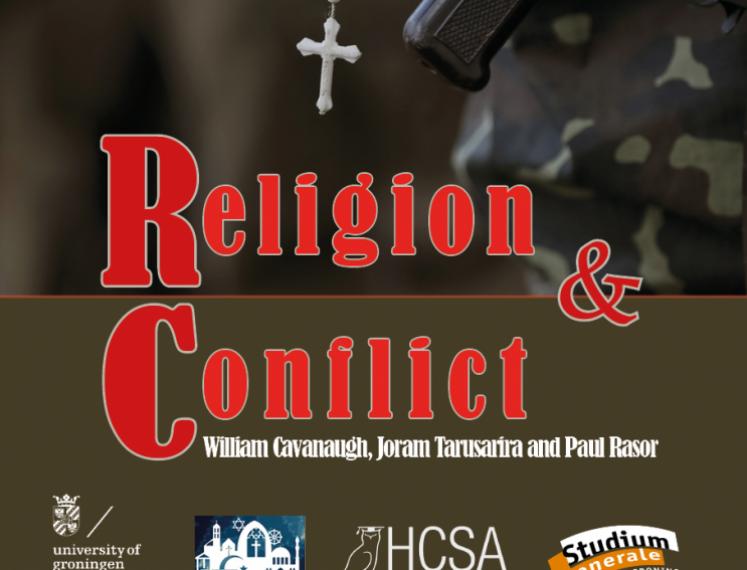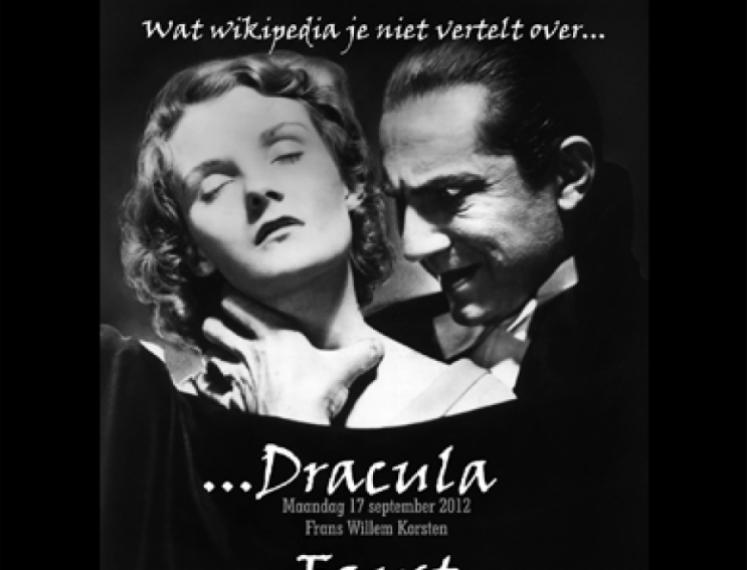Academiegebouw
Broerstraat 5
Groningen
Netherlands
Does Religion cause Violence?
The myth of religious violence does not correspond to fact, but is a central legitimating narrative of Western secularism.
The idea that religion promotes violence is part of the common understanding of Western liberal societies, and it informs both domestic and foreign policy, especially policies today that pertain to Muslims and the Muslim world. The idea that religion promotes more violence than secular ideologies and institutions depends on a sharp distinction between "religious" and "secular". When we examine the use of these categories in arguments about violence, however, we find that the distinction between religious and secular changes according to the political agenda of those making the argument. The history of the religious/secular distinction shows that it is a modern Western invention. There is no essential difference between "religious" and "secular" when it comes to violence; people kill for all sorts of things. The idea that religion causes violence is a piece of Western liberal ideology used to justify certain forms of violence and delegimate others.
William Cavanaugh is Professor and Director of the Center for World Catholicism and Intercultural Theology at DePaul University in Chicago. His degrees are from the universities of Notre Dame, Cambridge, and Duke. He is the author of six books, most recently Field Hospital: The Church’s Engagement with a Wounded World (Eerdmans, 2016). His books and articles have been translated into ten languages.





